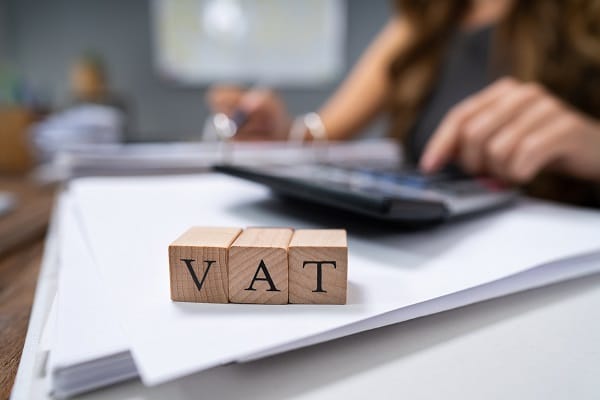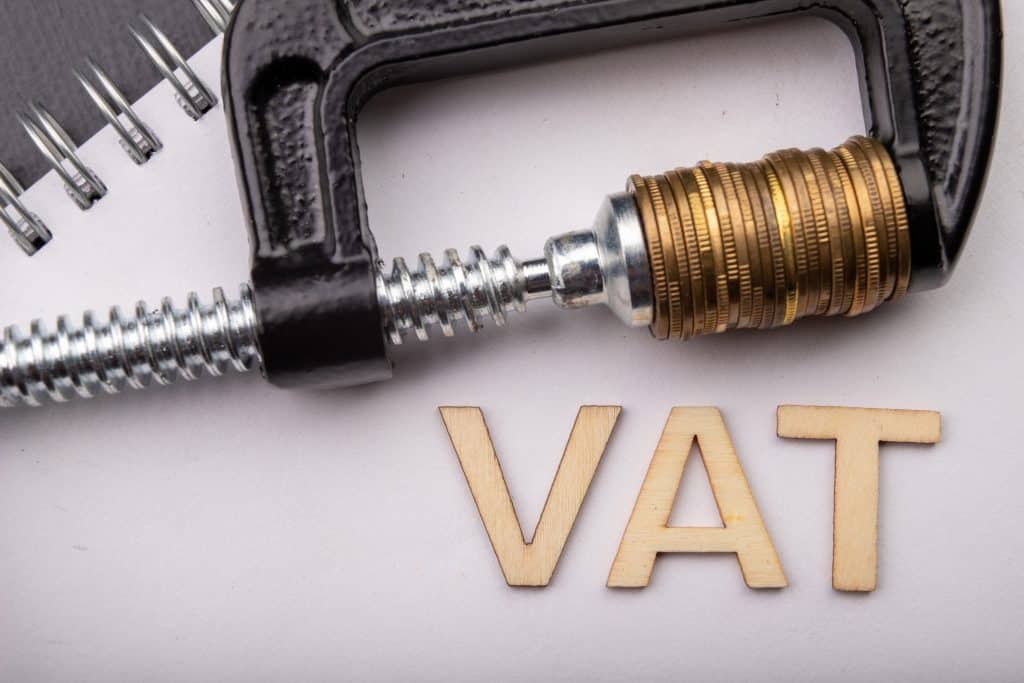Introduction
Value Added Tax (VAT) is a type of tax that’s applied to the sale of goods and services in many countries. In the UK, for instance, most businesses will need to register for VAT if their VAT taxable turnover exceeds the current threshold (£85,000) in a rolling 12-month period. These requirements are also applicable to sole traders.
A sole trader is an individual who runs their own business and is self-employed. As a sole trader, you are your own business, and you personally hold responsibility for your business’s debts. Despite this, many sole traders might be unsure about the process and implications of VAT registration. This guide aims to demystify the concept of VAT for sole traders and provide you with the information you need.
VAT Registration for the Sole Trader
VAT responsibilities for sole traders are similar to those of larger businesses. Once registering is complete, you are required to:
- Charge the correct amount of VAT on goods and services you provide.
- Pay any VAT due to HMRC (Her Majesty’s Revenue and Customs in the UK).
- Submit VAT returns, for most sole traders, returns will need to be submitted quarterly.
- Keep accurate records.
Remember, failure to meet these responsibilities can result in penalties from HMRC.
VAT Registration for Sole Traders
As a sole trader, you can registering can be voluntary for VAT, even if your turnover is below the threshold. However, once your taxable turnover exceeds the threshold in a rolling 12-month period, registration is required.
The registration process involves applying to your country’s tax authority, such as HMRC in the UK. When registering, you will provide details about your business, and once your application is approved, you will be given a VAT number.
How Does VAT Work for Sole Traders?
Once registered, you must add VAT to the selling price of your goods and services. The standard rate in the UK, for example, is 20%. You will need to complete a return typically every quarter, which involves detailing your VAT sales and purchases, the amount of VAT owed, and the amount you can reclaim.
You can reclaim VAT paid on goods and services used for your business operations, such as office supplies or business equipment, provided you have a receipt. However, you cannot reclaim VAT on purchases used for personal purposes.
Benefits of Becoming VAT Registered for the Sole Trader
There are several potential benefits for sole traders who register for VAT:
- It allows you to reclaim VAT on your business expenses.
- It can give your business a more professional image, as clients often expect businesses to be VAT registered.
- If your customers are mainly other VAT-registered businesses, they can reclaim the VAT you charge, so it doesn’t increase the cost for them.
How Will Becoming VAT Registered Impact My Profit Margins?
VAT registration can have an impact on your profit margins depending on how you handle the additional VAT costs. If you pass on the VAT to your customers, your prices increase, potentially making your goods or services less competitive to non-VAT registered businesses or consumers. Alternatively, if you choose to absorb the VAT cost to maintain your prices, your profit per sale reduces effectively, impacting your profit margin.
However, remember that as a VAT-registered sole trader, you can reclaim on your business-related purchases, which can help offset some of the costs. It’s crucial to revisit your pricing strategy and regularly review your costs and sales to maintain profitability. As mentioned above, if your customers are VAT registered businesses there will be no impact on margins as you will be able to increase your prices accordingly.
Considering Switching to a Limited Company Upon Reaching the VAT Threshold
As your business expands and your taxable turnover approaches the VAT threshold, you might start contemplating whether it’s time to transition from a sole trader to a limited company. Making this change not only brings about a transformation in the structure of your business but also resets the registration threshold.
Here’s what you need to know about this critical transition:
First and foremost, the transition from a sole trader to a limited company creates a new legal entity. This means that even if you were close to or over the VAT threshold as a sole trader, the turnover count for VAT registration starts afresh at zero for your newly formed limited company.
Being a separate legal entity means that the company’s finances are distinct from your personal finances. This provides you with limited liability protection, which is particularly valuable if your business operates in a sector where there’s a risk of incurring VAT-related disputes or debts. As a sole trader, there’s no such distinction, and your personal assets could be at risk if your business were unable to meet its VAT liabilities.
Operating as a limited company also opens up additional tax planning opportunities. Owners can choose to receive their income through a combination of salary and dividends, potentially offering a more tax-efficient approach.
On the downside, running a limited company comes with more administrative obligations, such as the requirement to file annual accounts with Companies House and adhere to stricter regulations regarding withdrawals from the company.
Remember, transitioning to a limited company solely because you’ve hit the VAT threshold as a sole trader might not be the optimal decision for everyone. It’s crucial to consider several factors, including your long-term business objectives, the nature of your business, your income level, and personal preference.
If you’re considering making the switch, it’s recommended to seek professional advice. Accountants can provide a detailed analysis of your situation and help you understand the implications of becoming a limited company.
Navigating the growth of your business is a complex journey, and making informed decisions will help ensure your long-term success and sustainability.
VAT FAQs
- Should I Register For VAT As A Sole Trader? This depends on your business situation. If your turnover exceeds the VAT threshold, you are legally required to register. Otherwise, you can choose to register voluntarily if it benefits your business.
- When do I have to register for VAT? You must register if your taxable turnover exceeds the current threshold in a rolling 12-month period.
- Do Sole Traders Have A VAT Number? Yes, once a sole trader is registered, they are assigned a VAT number.
- Do Sole Traders Pay VAT? Yes, sole traders must charge VAT on their goods and services and pay this to the tax authorities, minus any VAT they can reclaim.
- What Are The VAT Thresholds For Sole Traders? The VAT threshold varies by country. In the UK, the registration threshold is currently £85,000.
- From which date do I need to register for VAT as a sole trader? If your VAT taxable turnover exceeds the threshold in a rolling 12-month period, you need to register within 30 days. If you anticipate that your turnover will soon exceed the threshold, it’s advisable to register in advance to avoid any potential penalties. The effective date of your VAT registration is usually the first day of the 2nd month after the month in which you exceeded the VAT registration threshold on a 12 month rolling basis.
- As a sole trader, can I de-register for VAT in the future? Yes, so long as your VATable turnover is below the VAT registration threshold on a 12 month rolling basis, then you will be able to de-register the sole trader business for VAT.
Navigating VAT registration as a sole trader may seem daunting at first, but with the right information and preparation, you can take advantage of the benefits it offers. Always remember that your responsibilities increase with VAT registration and staying on top of your VAT obligations is essential for smooth business operations.
At Elver E-Commerce Accountants we understand the complexities of VAT. As VAT accountants, We can help you navigate the VAT requirements of your business, along side other tax and accounting that your business is likely to face, ensuring you stay compliant and informed.


